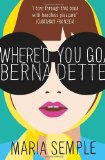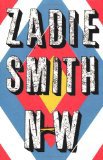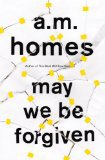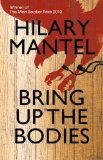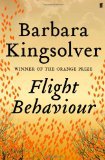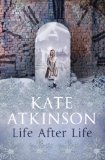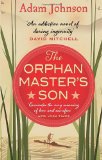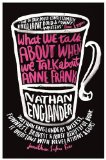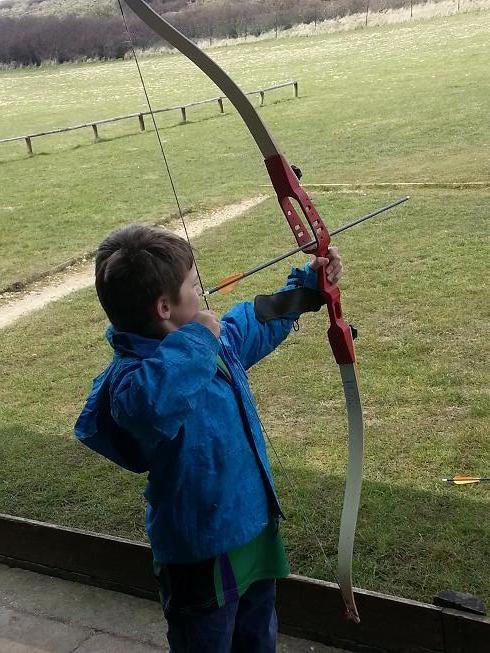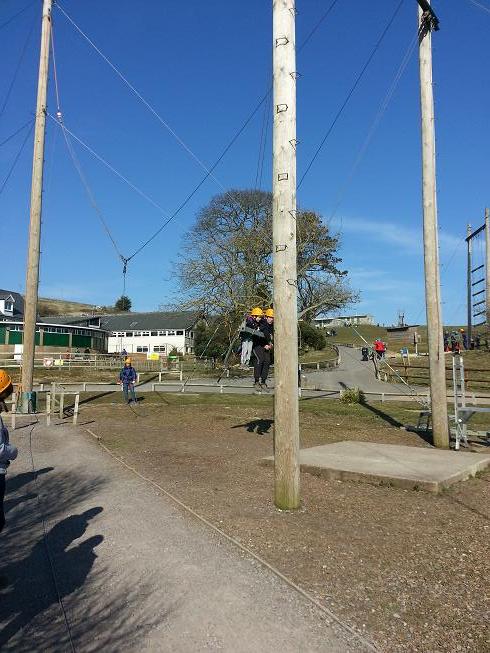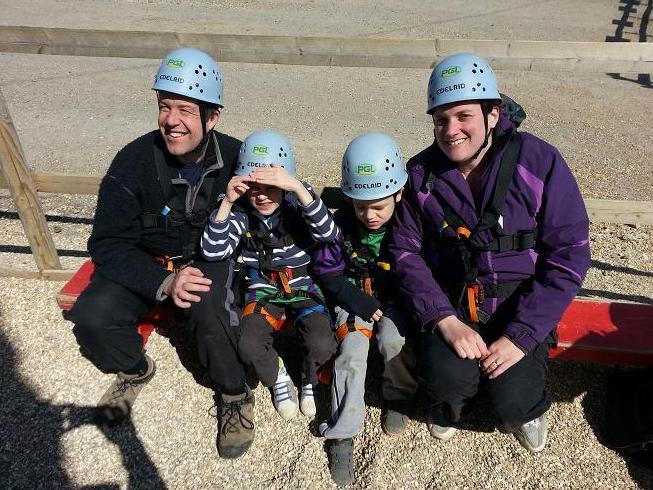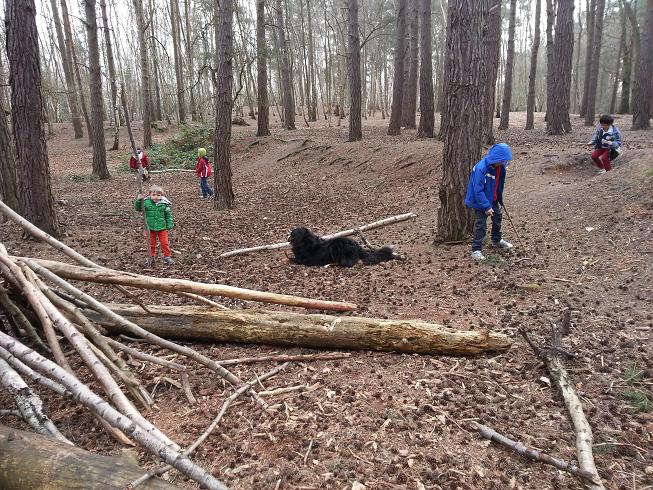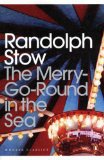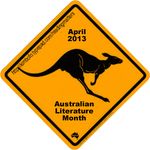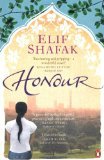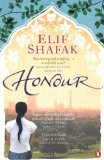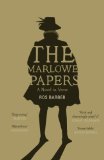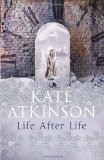The 2013 Women’s Fiction Prize Shortlist
The shortlist for the 2013 Women’s Fiction Prize was announced this morning. I wasn’t surprised to see any of the books on the list, as all are strong enough to justify their place, but I was sad that the list consisted of so many well-known authors. Many of the longlisted books by lesser known authors were equally good, if not better, than those selected and it is a real shame that they don’t get a chance in the spotlight.
I was especially disappointed that The Marlowe Papers by Ros Barber didn’t make the cut as her novel, written entirely in verse, is an amazing achievement that deserves more recognition.
Here are the six lucky books that made the shortlist:
Where’d You Go, Bernadette by Maria Semple
NW by Zadie Smith
Five words from the blurb: Londoners, estate, moved, different, lives.
The writing in this book is fantastic, but its disjointed nature won’t be to everyone’s taste.
May We Be Forgiven by AM Homes
Five words from the blurb: quiet, life, family, strange, finding
Engaging book, packed with satire. Lots of people love this one, but I’m afraid the plot twists were a bit too unrealistic for me.
Bring up the Bodies by Hilary Mantel
Five words from the blurb: Thomas Cromwell, rise, destruction, Anne Boleyn, Catholic
Over the years I’ve come to realise that Mantel isn’t for me, but it is no surprise to see her on the shortlist.
Flight Behaviour by Barbara Kingsolver
Five words from the blurb: Appalachian Mountains, mother, discovers, nature, miracle
Global warming is an important subject and this book has many fantastic passages, but I’m afraid it was a little preachy for me.
Life After Life by Kate Atkinson
Five words from the blurb: turbulent, events, chances, past, moments
This is the book that everyone is raving about. It didn’t work for me, but I wouldn’t be surprised to see it win the big prize. I think this is Atkinson’s year.
What do you think of the shortlist?
The 2013 Pulitzer Prize
WINNER: The Orphan Master’s Son by Adam Johnson
Five words from the blurb: North Korea, kidnapper, spy, glory, love
The first half of this book was outstanding, but unfortunately I found it became unrealistic and silly as it progressed. I’m surprised to see it winning the Pulitzer – especially since the prize is supposed to go to books dealing with American life. This ones seems far too rooted in North Korea to be eligible, but what do I know!?

FINALIST: The Snow Child by Eowyn Ivey
Five words from the blurb: Alaskan, wilderness, snow, girl, magical
I loved this book. It was like a modern day fairy tale and was gripping throughout. I’m surprised to see it on this prize list though. I found it hugely entertaining, but didn’t think it had the depth to justify a Pulitzer. Those judges are doing strange things this year!
FINALIST: What We Talk About When We Talk About Anne Frank by Nathan Englander
Five words from the blurb: comic, dark, vision, universe, questions
I’m not a fan of short stories so I haven’t tried this one, but I’ve heard lots of great things about it. Were the judges right to select it?
